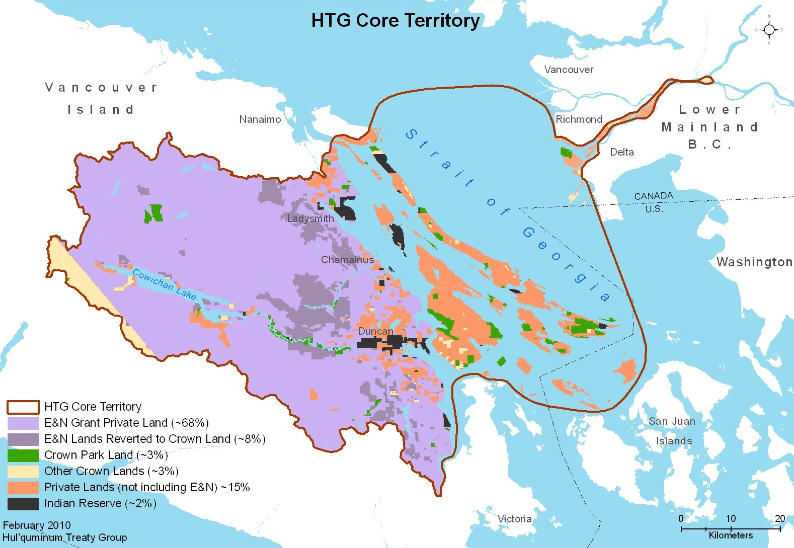B.C. Court Ruling Sparks Concerns Over Private Property Rights Amid Indigenous Land Claims

A recent British Columbia Supreme Court decision has ignited debate and concern regarding the intersection of Indigenous land claims and private property rights in Canada, particularly in the province. The ruling, which granted Aboriginal title to the Cowichan Tribes over lands that include privately held properties in Richmond, British Columbia, has prompted warnings to homeowners about potential implications for their land ownership.The B.C. Supreme Court's decision in Cowichan Tribes v. Canada affirmed the Cowichan Nation's title to Tl’uqtinus, a village site on the Fraser River, and declared that "Crown grants of fee simple interest deprived the Cowichan of their village lands... and are an unjustified infringement of their Aboriginal title." While the ruling did not explicitly call for the requisitioning of private property, it introduced the concept of "dual title," where land could be owned both privately and under Aboriginal title. This has raised questions about the future of lending, tax implications, and general private property ownership.British Columbia Attorney General Niki Sharma has expressed strong disagreement with the decision, stating that it "could have significant unintended consequences for fee simple private property rights in B.C. that must be reconsidered by a higher court." The province has announced its intention to appeal the ruling, which legal experts suggest could ultimately reach the Supreme Court of Canada. The case highlights a long-standing and complex issue in Canada, where Indigenous rights to ancestral lands often predate colonial land grants.The issue of Indigenous land rights has been a focal point in Canadian politics, with the country making public acknowledgments that the state sits on the unceded territory of tribal peoples for years. Prime Minister Justin Trudeau, in a 2015 interview with the New York Times, famously stated, "There is no core identity, no mainstream in Canada," suggesting the country could be considered the world's first "post-national state." This comment, while intended to highlight Canada's multiculturalism and openness, has drawn criticism for potentially undermining a unified national identity.Critics argue that the government's approach to Indigenous land claims, alongside broader policies, has created uncertainty. The tweet content suggests a political frustration, noting that the party initiating these trends "returned to power after a decade of political failure because of an upsurge of pseudo-nationalistic sentiment that was actually just anti-Trumpism." This alludes to the complex interplay of domestic policy, Indigenous reconciliation efforts, and international political dynamics influencing Canadian electoral outcomes. The ongoing legal battles and policy debates underscore the significant challenges Canada faces in reconciling historical injustices with contemporary property rights and national identity.